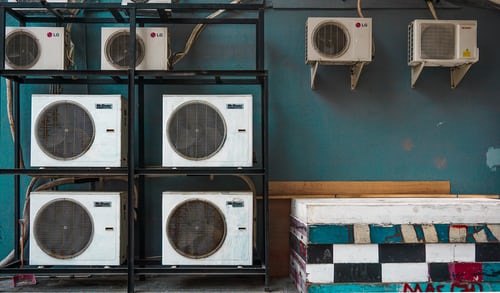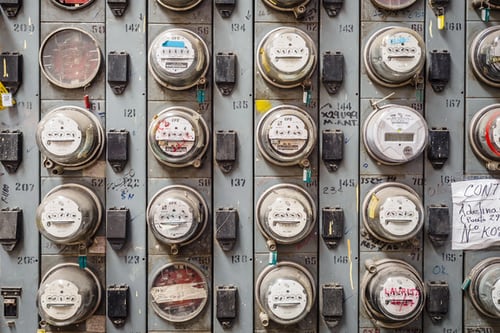What To Know When Shopping for a Heat Pump
By Kayla Beirne
The traditional model of a separate gas-fueled furnace and an electric air conditioner are not always the right fit for every residence. In some rocky or low-elevation parts of the United States, laying down natural gas pipelines is not a viable solution. Warmer climates may not need a full-service furnace as much as they need air conditioning. In some cases, a heat pump can be a two-in-one solution to heating and cooling. For example, in the province of Quebec, the province-owned hydroelectricity makes highly efficient electric heating, which is a green and affordable alternative to burning fossil fuels. Heat pumps draw warmth from a reservoir of heat to warm the home in the winter, and they pull it out of the home to cool in the summer. However, heat pumps do have requirements and specifications that furnaces don't. Here's what to know when shopping for a heat pump.

Air-Source or Ground-Source?
Heat pumps can draw their heat from one of two places: the surrounding air or the ground. In warm climates, such as the American South, an air-source heat pump is the best way to absorb and recirculate. In colder temperatures, a geothermal heat pump draws its heat from warmer temperatures beneath the ground's surface. Geothermal heat pumps require more installation work to lay down the subterranean coils,
but they operate at even higher energy efficiency than their air-source counterparts. Consider the costs of digging and burying these components, and make sure you have the necessary space in your yard.
Search for Subsidies
Because of their high efficiency and the reduction of fossil fuel consumption, your locality may assist you in purchasing and installing a heat pump. In the United States, EnergyStar-rated air-source heat pumps may be eligible for a federal tax credit. Air-source heat pumps with HSPF ratings of at least 8.5
Make Note of the HSPF
There's a lot to know when shopping for a heat pump, but before you settle on a unit, be sure to keep an eye out for its HSPF, or heating seasonal performance factor. This figure explains the relationship between the BTUs your heat pump produces and the kW/h of electricity necessary to generate that heat. The higher the HSPF, the more efficient your unit is. With an HSPF of 8 or above, you can look forward to efficiently heating your home without relying on combustible fuel sources.
